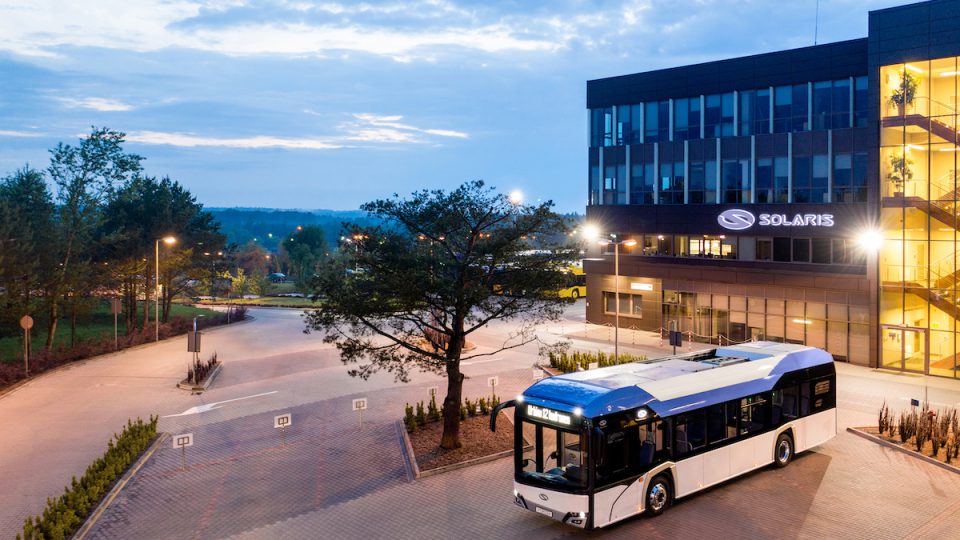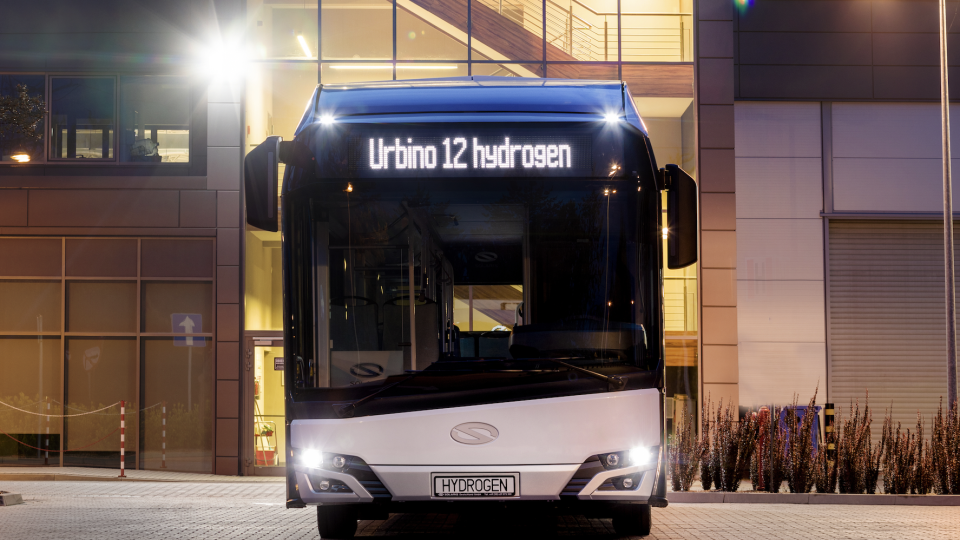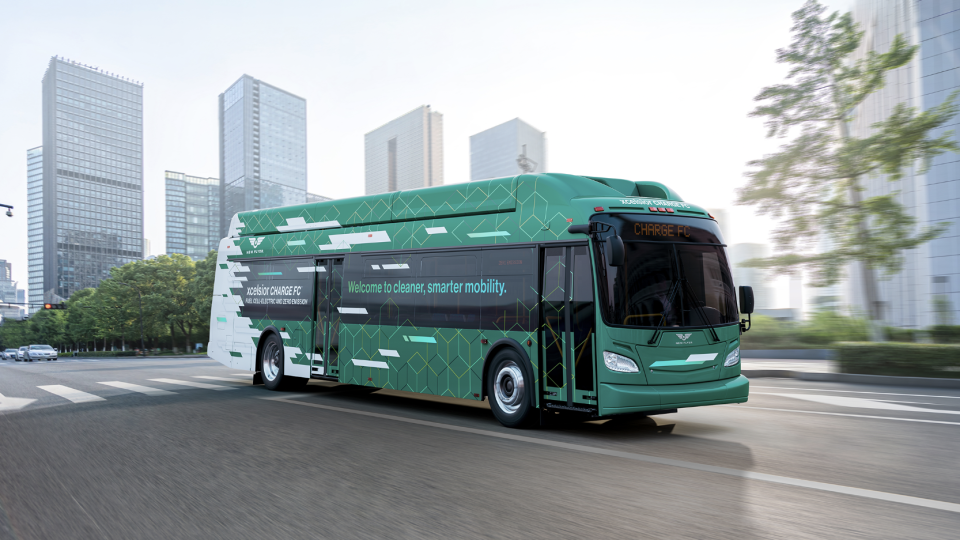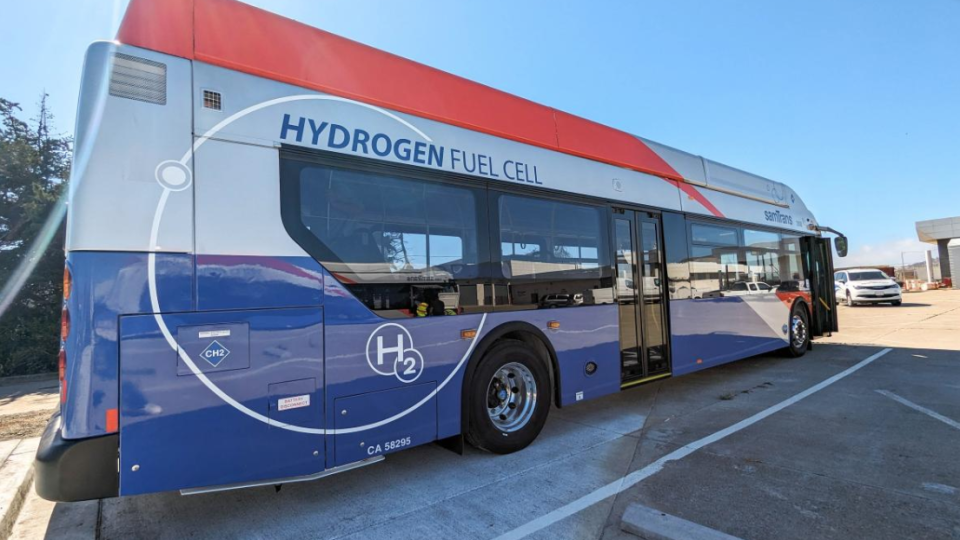Only 4 percent of all zero emission vehicles are expected to be fuel cell powered in 2024, IDTechEx states
Only 4 percent of all emission-free vehicles in 2044 are estimated to be fuel cell powered, according to IDTechEx’s latest report on “Fuel Cell Electric Vehicles 2024-2044“. The consulting company “forecasts a low penetration of fuel cell city buses, restricted to a limited number of countries investing heavily in building hydrogen infrastructure and to those […]
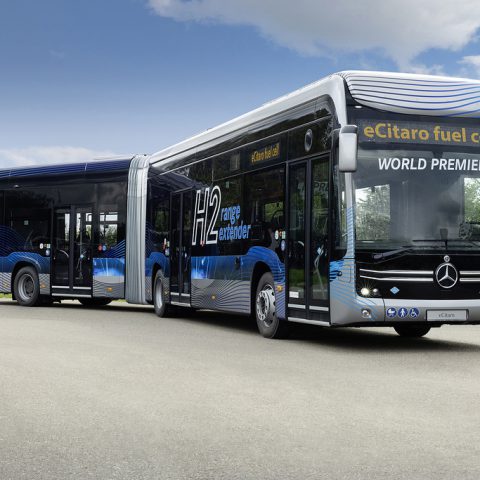
Only 4 percent of all emission-free vehicles in 2044 are estimated to be fuel cell powered, according to IDTechEx’s latest report on “Fuel Cell Electric Vehicles 2024-2044“.
The consulting company “forecasts a low penetration of fuel cell city buses, restricted to a limited number of countries investing heavily in building hydrogen infrastructure and to those bus route schedules that are unfeasible for one BEV bus to operate. There may be greater potential for FCEV in the intercity coach market“.
IDTechEx report on fuel cell technology
The report examines the FCEV market with historic and current adoption, drivers and barriers, TCO analysis, model benchmarking, and forecasts for units, fuel cell demand, battery demand, and market value across cars, vans, trucks, and buses.
“Although there are commercially available fuel cell buses, most have been produced as part of pilot programs, with strong support from the government – the consulting states -. The upfront cost of FCEV buses is considerably higher than BEV buses and not price competitive with the ICE technology. Whilst FCEV buses are viable, improving, and, sources suggest, could become cost-competitive with BEV buses, the great unanswered issue facing fuel cell technologies is how sufficient ‘Green’ hydrogen can be produced to make them feasible“.
While IDTechEx predicts that BEVs will also be the dominant solution in the zero-emission truck market, “there is certainly a greater opportunity for FCEVs here than in other on-road transport segments, with IDTechEx forecasting that FC trucks will be 19% of the zero-emission heavy-duty truck market in 2044“.


